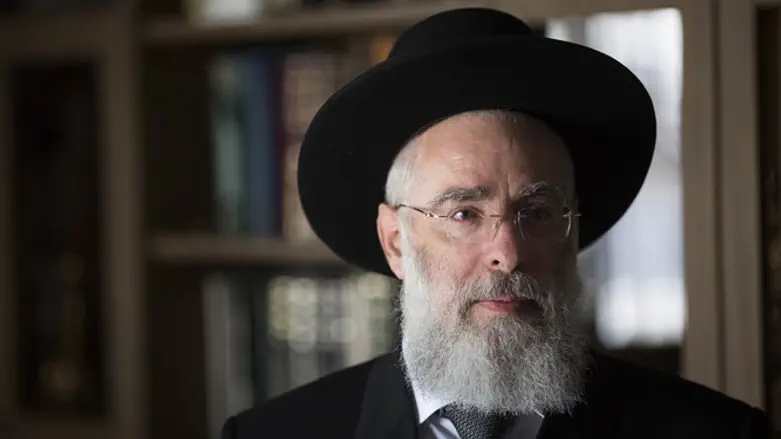
Our parasha opens with a detailed description of the mitzvah of the first fruits bikkurim: “When you enter the land that the Lord your God is giving you as a heritage, and you possess it and dwell in it, you shall take of the first of every fruit of the soil, which you harvest from the land that the Lord your God is giving you, put it in a basket and go to the place where the Lord your God will choose to establish His name”.
The verses, psukim, go on to specify that on this auspicious occasion the pilgrim must recite a precise text that includes a brief synopsis of Jewish history – from Lavan’s callous treatment of Yaakov, to the horrors of the Egyptian oppression, to our miraculous redemption by God, culminating in the Divine gift of “a land flowing with milk and honey”. On its most basic level, this ritual and recitation attest to the fact that we are not kefuyei tova, that we are not ungrateful.
And yet, in light of this, there is something counterintuitive about the entire ritual. The Mishna notes that a landowner would go to his field and separate the first fig, the first pomegranate, the first cluster of grapes, and designate it as the bikkurim that would be brought to Yerushalayim. It seems slightly absurd that the meager gift of one fruit was an adequate expression of gratitude for the historical miracles that he references at the moment of offering them!
In many ways, this question is not really unique to bikkurim. Each time that we recite the Grace after Meals, birkhat hamazon, we encounter a similar perplexity. In birkat hamazon we thank God for redeeming us from Egypt, for liberating us from slavery, for the Torah, for the good and vast land of Israel, for our unique relationship with Him, among other things. Why does the consumption of a slice of bread warrant this flood of thanksgiving?
The Gemara notes that one prefaces birkhat hamazon with an invitation to join in the Grace after Meals, a zimmun, by saying “Blessed be the One from Whose food we have eaten and by Whose goodness we live”. If one says instead “and from Whose goodness we live” he is considered an ignoramus, because he fails to recognize the extent of God’s kindness.
Why? A person must understand that everything that he has is an outgrowth of his life situation, of the gifts that he has been lucky enough to receive, personally and nationally. There is no such thing as a Divine gift that stands in isolation from the greater historical, spiritual, and social context. Everything links back to the bigger picture. For this reason, birkhat hamazon addresses the full gamut of Divine gifts.
Bringing bikkurim too, unleashes this same flow of thanksgiving and praise that puts everything in its proper perspective. The fact that a man stands before the kohen and presents a solitary fig is a direct outgrowth of everything that preceded this moment: Our national trials and tribulations, God’s lovingkindness, the gift of the land, the endless bounty that He has bestowed upon us. The language used by the Torah alludes to this idea. We are instructed to take “of the first [mei’reishit] of every fruit of the soil”, which invokes the very first word of the Torah, “Bereishit”.
As a man stands humbly in the Temple and presents his bikkurim to the kohen, he expresses the idea that everything that he has links back to the very source, to the regenerative power that God gave to the world at the moment of Creation, and to everything that has happened since.
Nothing stands on its own. Everything that we have is part of a much greater picture. The mitzvah of bikkurim helps us realize this.
Rabbi Yaakov Shapira is the Rosh Yeshiva of Yeshivat Mercaz HaRav in Jerusalem